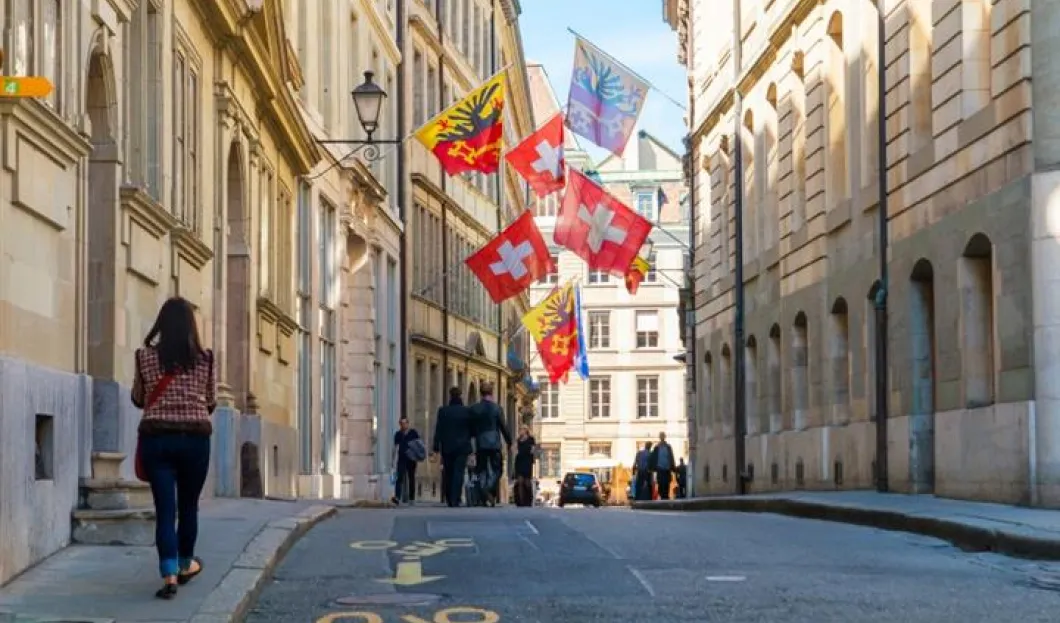
Between January and March, the number of overnight stays in Swiss hotels increased by 0.8 percent to 8.89 million, despite the lowest inflow from Germany in more than a decade. The industry grew mainly due to 14 youth hostels.
Overnight stays in hostels were added to the overall number by the Federal Statistical Office last year. Without them, the number of overnight stays in the first quarter would have fallen by 0.6 percent. The decline in Swiss and foreign visitors was roughly the same.
The three largest source markets of Swiss hotels, have all suffered decline in terms of visitor numbers. Among German guests the decline was 6.2%, with the number of overnight stays falling below the million mark for the first time in many years. But the Germans are still by far the most numerous group of foreigners in Swiss hotels, though the decline is massive. Ten years ago, there were 1.6 million overnight stays by German guests in the first quarter of the year.
Fewer British and French Visitors
The number of overnight stays by Brits fell by almost 6% to 457 thousand and among French by 5% to 338 thousand. Italians have also showed a decline (-8%). Of the top 5 source markets only the Americans registered an increase (+8.4%), besides the Chinese (+15.2%) and Belgians (+13.3%).
Of the large Swiss regions, Lake Geneva (+1.9%) and Zurich (+1.6%) profited the most. On the other hand, Ticino (-3.2%) and Central Switzerland (-1.2%) suffered mildly. The remaining large regions were capable of increasing slightly.
In March alone, overnight stays in Swiss hotels and the 14 hostels fell by 0.7% to 3.15 million. At the same time, overnight stays of foreign guests decreased by 1%, while domestic overnight stays fell by 0.3%.

Difficult Winter Season
Overall, Swiss tourism looks back at difficult winter, according to the marketing organization Switzerland Tourism. Without this year’s Easter figures, a half-percent increase in overnight stays can be provisionally estimated.
The mountain areas remained roughly at the level of the previous year. The Wallis, for example, recorded a minus of 0.1%, while Graubünden recorded an 0.2% increase.
According to the Institute of Snow and Avalanche Research SLF, the past winter was one of the poorest winters in terms of snow. December was the driest in 70 years. In addition, Christmas and New Year fell on a weekend, creating a somewhat unfavorable situation. Thus, the start of the winter season was very negative. For the winter season, the Association of Ropeways Switzerland had reported a drop in the number of guests by 2.9% and a sales margin of half a percent.









